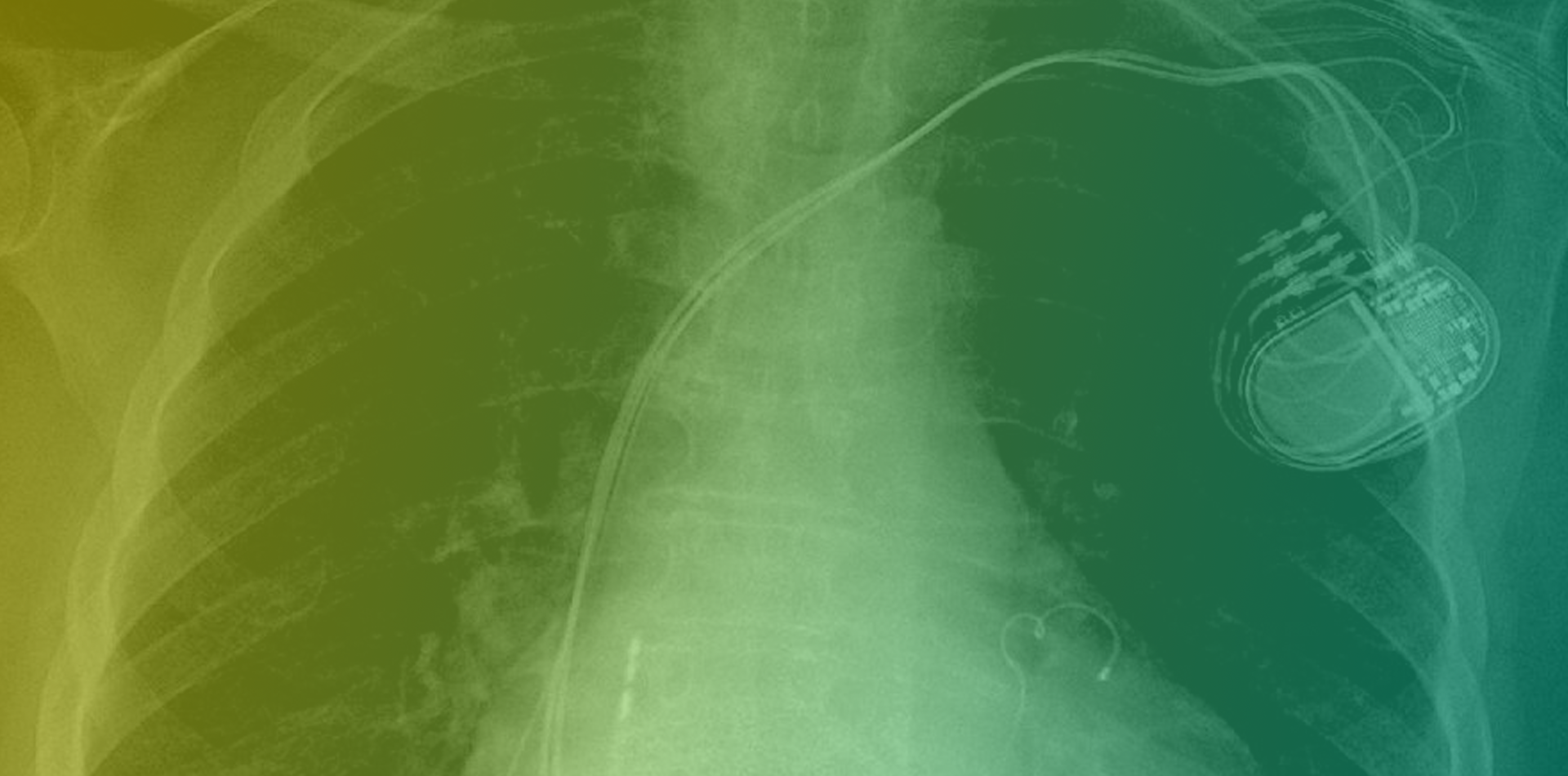
Managing Medical Device Warranties
September 13, 2020
5 Tips for Collecting Vendor Statements
October 18, 2020US Healthcare supply chain overspends by $25.4B each year, equating to 30 percent of total spend in the industry. Healthcare supply chain leaders must be proactive to eliminate the causes that contribute to this overspend, starting with the first line of defense – supplier contracting.
Healthcare systems must review their general agreements and additional clauses to ensure they include the information below to protect against overcharges and other causes of leaked funds.
OF TOTAL HEALTHCARE INDUSTRY SPEND IS FROM SUPPLY CHAIN OVERSPEND
Freight Charges
Freight charges must be addressed in each supplier contract to include the party responsible for paying the freight. Organizations are encouraged to negotiate freight charges to be paid by the supplier also known as Free On Board (FOB).
When using FOB, the contract must note the physical address(es) to ensure a clear passage of the title from the supplier to the hospital.
It is important to note that FOB modifiers may be used; therefore, it is essential to address these modifiers, such as Collect, Prepaid & Add, and Prepaid & Allow in the contract. There are also distinctions of responsibility for the title and control of the goods: FOB Origin and FOB Destination.
OF TOTAL HEALTHCARE INDUSTRY SPEND IS FROM SUPPLY CHAIN OVERSPEND
TAG TIP!
When possible, use FOB Destination, Prepaid payment terms. Using these terms, the vendor prepays the transportation charges included in the contract price. This will not allow for suppliers to charge freight on orders after they have occurred. The vendor also keeps ownership of the goods until they are delivered and signed for at the hospital leaving vendors to file claims for missing or damaged goods.
Termination Clause
Every contract a health system engages in should include a termination clause to protect the organization from vendors that do not meet their expectations. These should include a time frame of notice that each party agrees upon such as 30-day notice.
Right to Audit Clause
All supplier contracts should have an audit clause that gives health systems the right to review all information that plays a part in their purchase of goods/services. This clause should also include permission to have third parties hired by the health system review and request information to audit on the organization’s behalf.
The audit clause should specify a reasonable period of time for relevant information to be audited for a minimum of two years prior to the start of the audit.
The information needed to audit each vendor will vary based on the goods or services offered. Ensure the data and documents you need are included in the contract.
TAG TIP!
To protect your organization against overcharges such as elevated item pricing, excessive freight, miscellaneous charges, and more, include a "right to audit" provision in your contracts and require the supplier to reimburse third-party audit fees due to errors on their part during the stipulated auditing period. Clearly state that reimbursement is distributed back to your organization in your preferred method (credit or check).
Product Substitution Rules
To avoid unexpected overcharges on orders, healthcare systems must include a product substitution clause in contracts. This clause should state that a product deemed equal or better than the product ordered can be substituted by the supplier at no additional cost or expanse to the organization.
Contracts must also stipulate a supply guarantee placing the supplier responsible for any absence of product by agreeing that the supplier will pay any cost difference if the health system is forced to source from a different vendor.
Rebate Processing
Health systems must specify the desired or agreed-upon terms of qualifying for rebates, commonly used as pricing incentives for bulk orders. Clearly state how the rebates should be processed (credit or check) and what specified time frame.
Payment Terms
Set payment terms with your vendors to accommodate the health system’s current procure to pay processes. Include specific terms such as Net 30 days, 2% 10 Net 30 (2% discount if the payment received within ten days otherwise payment 30 days after invoice date), or EOM (end of month). Include terms that do not allow for late payment fees. Many invoices are received with inaccurate information, at no fault of the health system, causing bottlenecks in the payment process, and thus payments made after the due date.
USE CAUTION
Vendors do not always accurately track rebates owed. Organizations must take on the responsibility of ensuring they receive rebates owed to them. For rebates paid in credits, health systems should track the usage of credits as vendors do not always utilize available credit before processing invoices.
TAG TIP!
Organizations should always include a prompt pay discount in their vendor contracts such as 2% 10 NET 30.
Review your general contract agreements to compare against the list provided here. Use these clauses and tips to protect your health system against and avoid erroneous charges that could cost your health system millions.
Short on resources or want an unbiased look at your contracts? We’re here to help! Message us now to learn more about these services:
- Recovery Audit to review past invoices against contracts.
- Contract Initiation Review to review new contracts to your ERP system once a quarter and ensure your system information aligns with the agreed-upon terms.
- SpendSuite tool and services to ensure your health system is receiving the most advantageous pricing available and review past purchases to recover funds due to pricing errors.



